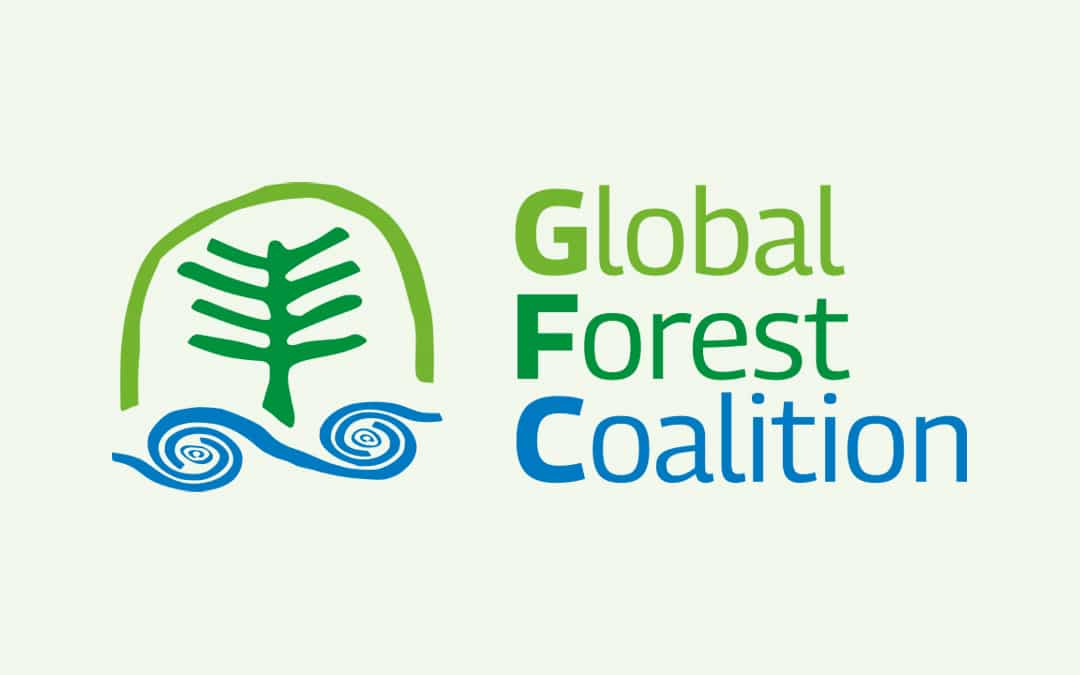(cross-posted)
Jakarta, December 17, 2013 – The indigenous Suku Anak Dalam (SAD) community of Bungo, in Jambi, Indonesia has struggled for 27 years to regain control of their territory from the palm oil company PT. Asiatic Persada (PT AP). They achieved success in October when the Jambi Regional Office of the National Land Agency (BPN) and the governor of Jambi recommended that the BPN Indonesia in Jakarta review the company’s concession permit.
[1]
But SAD’s dream of having their 3,550 hectares returned was shattered on the morning of December 7, 2013, when thousands of military and police officers helped thugs from PT AP raid their villages, destroying settlements, killing livestock, and persecuting and arresting citizens of Tanah Menang, Pinang Tinggi, and Padang Salak villages. The attack came just two days after Wilmar published its “No Deforestation, No Peat, No Exploitation” Policy.
PT Asiatic Persada is a palm oil plantation in operation since 1986 that holds a business permit (HGU) for 20,000 hectares of land in Batanghari and Muaro Jambi districts, Jambi Province, Sumatra, Indonesia. Between 9 and 11 August 2011, acts of violence took place in the territory of Sungai Beruang, in which some 80 homes were destroyed by the Mobile Brigade Police (BRIMOB), and one local person was injured by a rubber bullet.
The escalation of conflict in 2011 led to negotiations between the Suku Anak Dalam and PT Asiatic Persada, facilitated by a Joint Mediation Team (JOMET) composed of the Jambi Province government and the Compliance Advisor/Ombudsman (CAO) of the International Finance Corporation (IFC) – the private-sector lending arm of the World Bank. The IFC finances Wilmar International, the owner of PT Asiatic Persada.
However, negotiations stalled when Wilmar sold PT Asiatic Persada to PT Agro Mandiri Semesta (PT AMS) of the Ganda Group. Wilmar’s sale took place while negotiations were underway, and with no prior consultation with the affected communities. The new management of PT Asiatic Persada has now chosen to continue mediations through a team composed of government representatives from Batanghari district.
This is not the first time PT Asiatic Persada has reneged on its obligations. It is also not the first time Suku Anak Dalam has been invaded by the police. In 2009 when PT Asiatic Persada belonged to Wilmar Group, violence and forced evictions also occurred. These incidents show Wilmar’s poor track record in managing estates, and gives reason to doubt the company’s commitment to respect human rights.
The expulsion of the Suku Anak Dalam community does not only destroy SAD’s livelihoods – it also undermines the cultural identity of the archipelago by destroying the lives of a tribe whose farming systems are well integrated into the forest and are an example of ecological balance that is a wise and important tradition in Sumatra.
The impacts of Wilmar’s crude palm oil supply chain is felt not only by the Suku Anak Dalam community, but also in many other provinces in Indonesia, in the destruction of orangutan habitat in West Kalimantan and East Kalimantan by Wilmar-affiliate BGA and in the deprivation of community farmland and food production in Bengkulu, North Sulawesi and East Kalimantan by PT. SIL, which supplies crude palm oil to Wilmar.
[2]
The production of palm oil for cosmetics, junk food, and fuel in the North is causing hunger and loss of cultural identity here on the other side of the world. When consumers pay for Wilmar’s products, they are turning on a killing machine.
There is no law and justice in Indonesia; operations by BRIMOB and the military only serve to reinforce the public’s skepticism that Indonesian authorities are either poorly educated and trained, or are manipulated by the Generals.
In regards to the abuses of PT AP, we have several demands:
– The National Land Agency of the Republic of Indonesia should immediately acknowledge the SAD management area and revise PT AP’s concessions.
– Wilmar should not turn away from its responsibilities at the PT AP plantation and should make sure its “No Deforestation No Peat No Exploitation” policy also applies to PT AP, which was sold in the midst of the conflict resolution process.
– WILMAR should take public responsibility for environmental degradation and conflict caused by its prior commitments, such as the conflicts that are now managed by PT AP and which follow the precedent set by Wilmar’s poor practices.
– International financial institutions should be aware that, due to the lack of enforcement and the abusive practices of plantation operators in Indonesia, money invested in palm oil is systematically tied to environmental crimes and human rights violations. The International Finance Corporation (IFC) must stop financing the plantation sector in Indonesia until Indonesia reforms its forest governance policy.
– Investors in Wilmar, as well as Prima Fortune International Limited , the current owners of PT AP , should use their influence to the make sure this conflict is resolved immediately.
– The European Parliament should ensure that European industry does not depend on the blood and tears of Indonesia’s rural poor.
– Consumers and consumer companies that use products derived from CPO should remember that food made with palm oil equals food taken from starving children in Indonesia; that you are beautifying yourself with cosmetics that displace Indonesian from their homes and force them to live in the forest. Stop consuming materials produced from environmental destruction and deprivation of the poor!
###
Jeff Conant
International Forests Campaigner, Friends of the Earth, U.S.
2150 Allston Way
Suite 240
Berkeley, CA 94704
Skype: jeffconant
